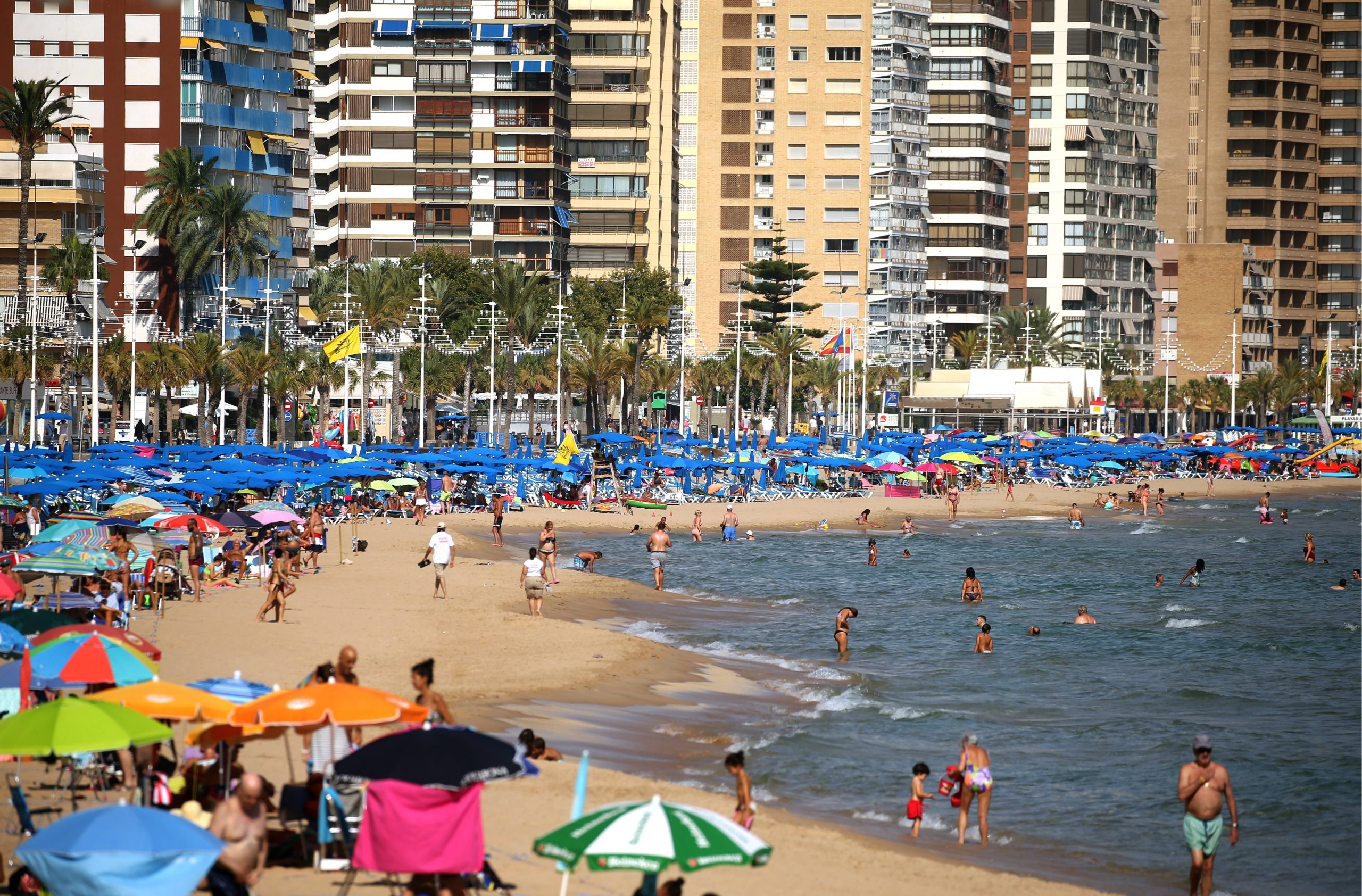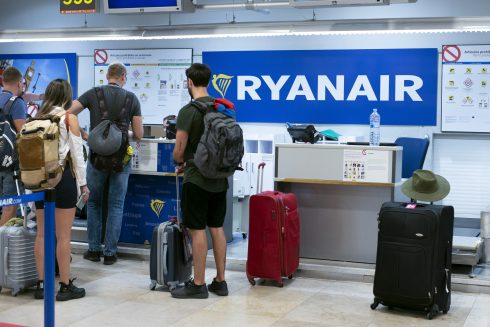Anyone thinking of visiting Spain in summer 2021 will be pleased to know that it’s just got much easier.
Since the outbreak of the COVID-19 pandemic, visiting Spain has been subject to restrictions both at a national and international level. However, as the country embarks on what it hopes is a return to normality, tourists are being welcomed back for the summer season.
Yet, there are still a few important rules to be aware of before booking a flight and getting away for some summer sun in Spain. This article explains what you need to know before visiting the country on holiday in 2021.
What are the current requirements to enter Spain as a tourist?
Spain is allowing visitors from countries with low numbers of COVID cases to enter the country unrestricted.
While it is necessary for many other visitors to provide proof that they are free of COVID when they arrive, there is no quarantine requirement for the majority of travellers. This means the country can be enjoyed as soon as you arrive.
At the moment the only other requirement is a passport. However, in 2022 this will change and travellers will need an ETIAS visa waiver to visit the EU.
From then, an ETIAS application for Spain will be necessary before arriving in the country or the Schengen area. This will be valid for 3 years and allow multiple trips until it expires or you replace your passport for any reason.
Which countries’ citizens can visit Spain unrestricted?
Spain is allowing visitors from countries with a low case rate of COVID-19 to enter the country for tourism without restrictions. Passengers in this category won’t need to provide a negative PCR test or proof of vaccination. Visitors from the following countries may arrive without any restrictions whatsoever:
- Australia
- China
- Hong Kong and Macao
- Israel
- Japan
- New Zealand
- Rwanda
- Singapore
- South Korea
- Thailand
- The UK
However, some countries’ citizens are subject to restrictions when they arrive back from Spain. The United Kingdom for instance currently stipulates that tourists visiting Iberia must quarantine for 10 days and provide a negative PCR test on arrival and 2 further home tests during self-isolation.
Do I need a PCR to visit Spain?
If you are visiting from one of the countries listed in the section above no PCR test is necessary on arrival. However, arriving passengers from other countries over the age of 11 still need to provide a negative COVID test.
Do I need a vaccination to visit Spain?
Visitors from countries such as the United State and Canada may enter the country if they have proof of vaccination. To be accepted under these conditions you must have had the following vaccinations:
- Pfizer
- BioNTech
- Moderna
- AstraZeneca
- Johnson & Johnson
What about the COVID Digital Certificate?
The EU COVID Digital Certificate is a new initiative launched by the European Union to make travel safer and faster while the pandemic continues.
It is a QR code that a traveller can use to display if they:
- Have been vaccinated against COVID in the last 14 days
- Have tested negative for the illness in the last 11 days
- Have recovered from COVID-19
Newspapers in the country such as El Pais are reporting that Spain is now accepting the COVID Digital Certificate from arriving passengers, although the system isn’t due to roll out fully until July 1st. This allows travellers from countries who either must provide proof they are free from COVID to enter the country quickly and effectively.
Visitors to Spain can get a certificate from their local health authorities or COVID-19 testing centre and print their evidence or upload it to a mobile device to be scanned on arrival.
What restrictions are in place in Spain at the moment?
Spain currently doesn’t have any lockdown restrictions or curfews in place. The state of alarm that implemented these measures ended on the 9th May 2021 and since then all restrictions on movement have ended.
However, there are a couple of important rules to follow when visiting Spain this year. These include:
- Wearing a mask at all times in public places both inside and outside if you are over the age of 6.
- Complying with social distancing of 1.5 meters in public places.
- Self-isolating immediately and contacting medical services if you start experiencing symptoms of COVID-19.
Bars, restaurants and other entertainment are open but often with shorter opening hours than usual and with restrictions on inside capacity. It is possible for up to 10 people to meet for a meal or social gathering in many regions and the country’s beaches are open.
The option to travel to Spain and enjoy the sunshine is a real relief for many travellers after the last 12 months. However, whilst much is returning to normal, it’s important to stay on top of the current requirements to enter the country.








